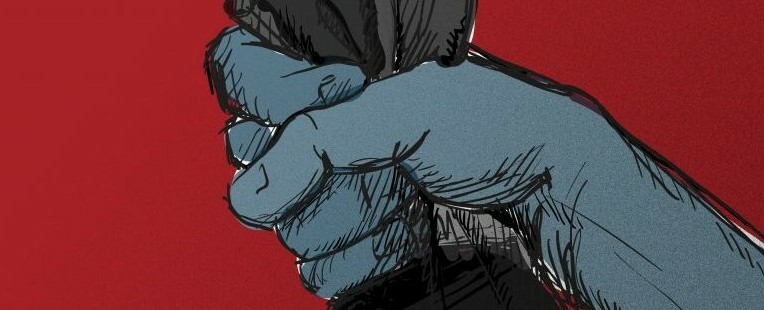Nearly a billion US dollars vanished in a massive bank credit scam that had devastating, deadly impacts on communities across South Sudan, according to a new report released today by The Sentry.
The three-year investigation entitled “Cash Grab: How a Billion-Dollar Credit Scam Robbed South Sudan of Fuel, Food, and Medicine” details how massive credit lines provided by banks in Qatar and Kenya were turned into an opportunity to steal by corrupt leaders and their cronies, with the government of South Sudan left on the hook to pay back the loaned money.
According to the new report, the funds, officially meant to deliver fuel, food, and medicine across South Sudan between 2012-2015, disappeared into a maze of international shell companies that never provided any goods or services, leaving people to die as hospitals were gutted of medicine and neonatal ward generators went cold.
Businesses with connections to the ruling class—including President Salva Kiir’s family, the then-governor of the central bank Kornelio Koriom, and multiple military officials—were among those that received contracts collectively worth tens of millions of dollars under the program, according to the report.
“The government failed to repay the borrowed money and entered arbitration proceedings initiated by QNB at the International Center for Settlement of Investment Disputes.2 By July 2020, the matter remained unresolved, and the government reached a debt-restructuring agreement with QNB,” the report said.
The Sentry revealed that at the peak of the letters of credit program, more than two million people went without food, hospitals and clinics had to treat patients without medicine, and fuel shortages resulted in black market price gouging.
The Sentry urged the government of South Sudan to focus on developing a public corporate register and identify firms that received LCs and continue to operate in South Sudan, saying firms and individuals who failed to deliver goods should be subject to investigation.
It also urged the government to implement chapter four of the revitalized peace agreement to address the crippling cycle of debt, economic mismanagement, and corruption undermining economic prosperity and fueling conflict.
The advocacy group called on the US government to investigate illicit money flows.




